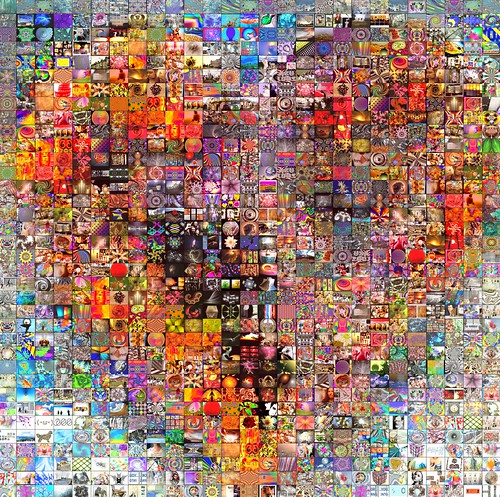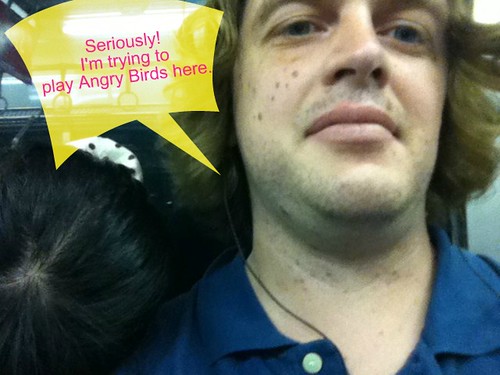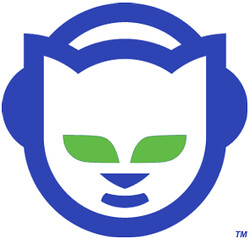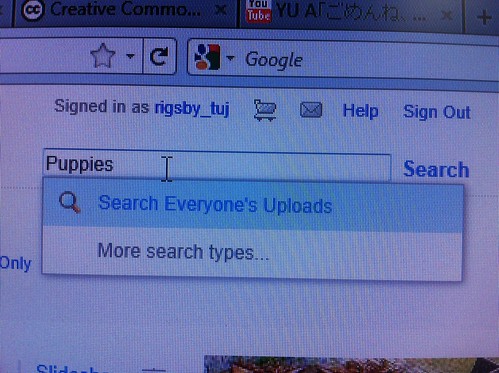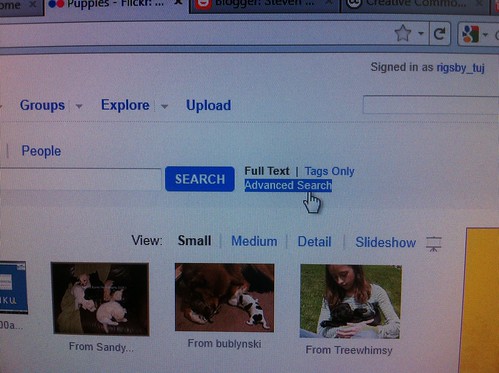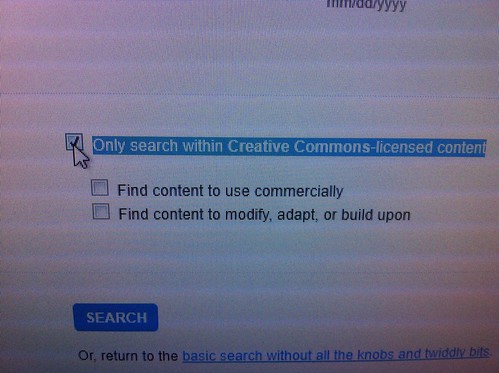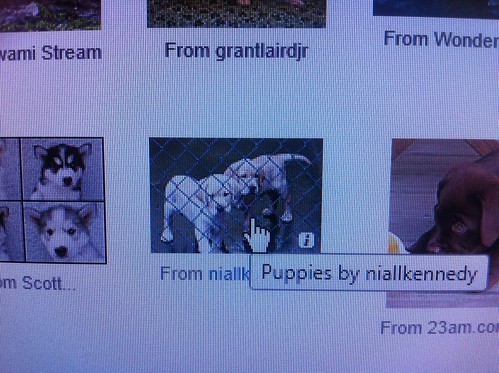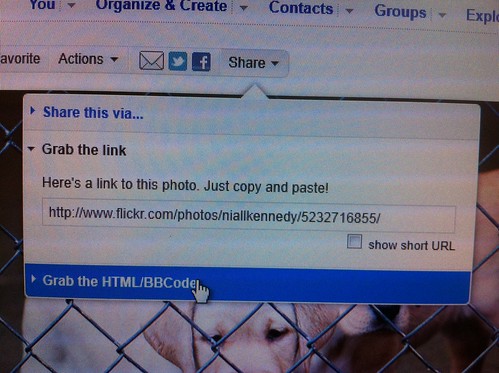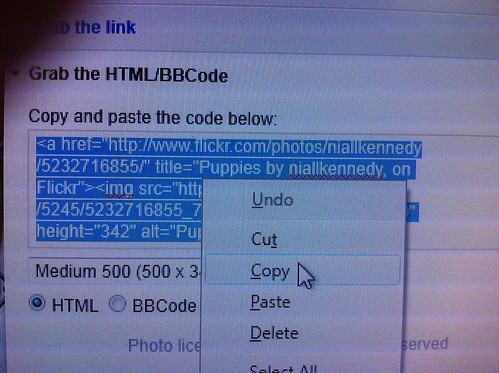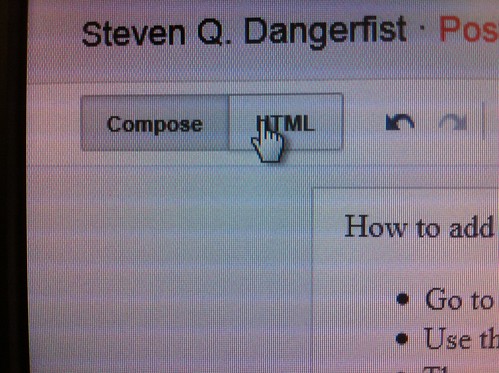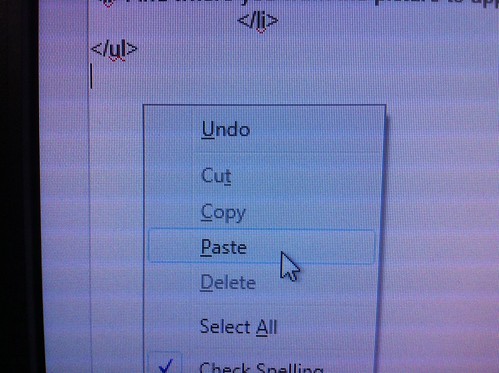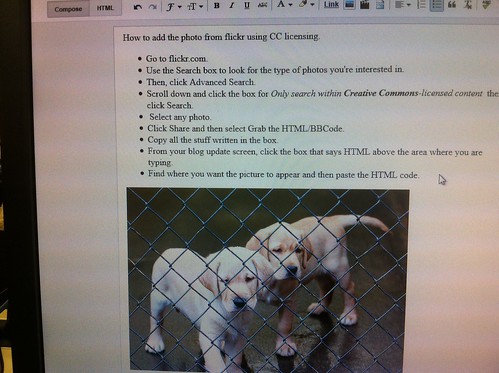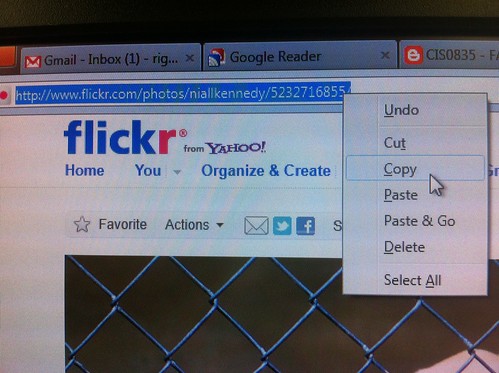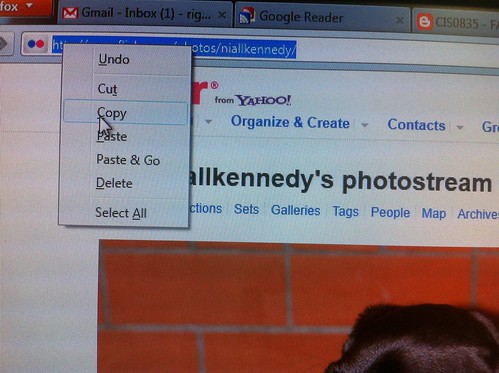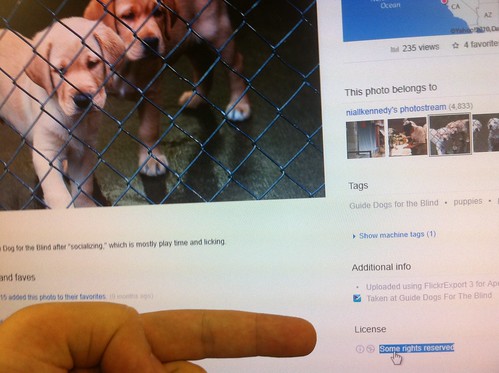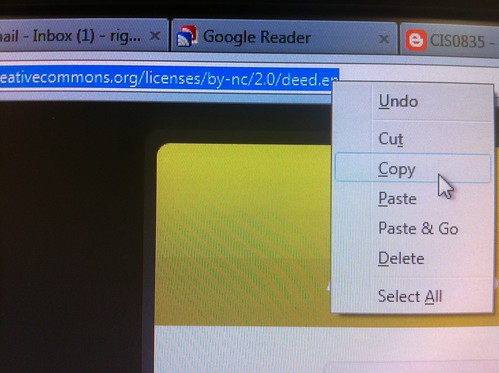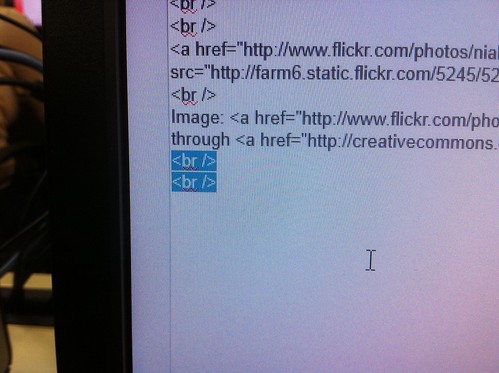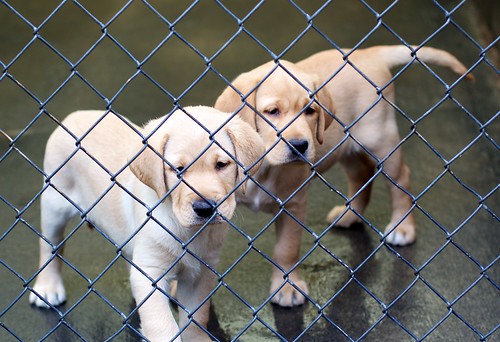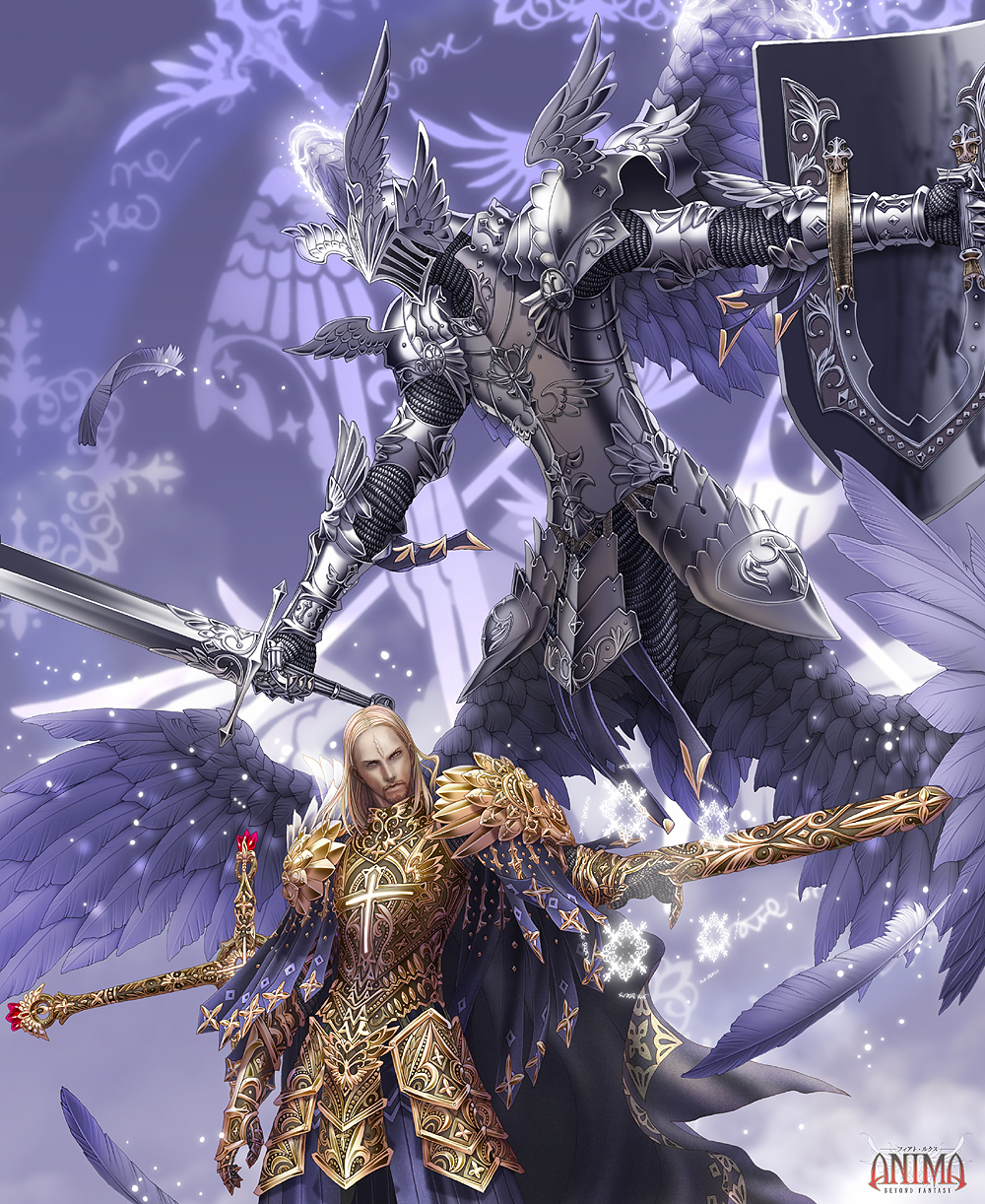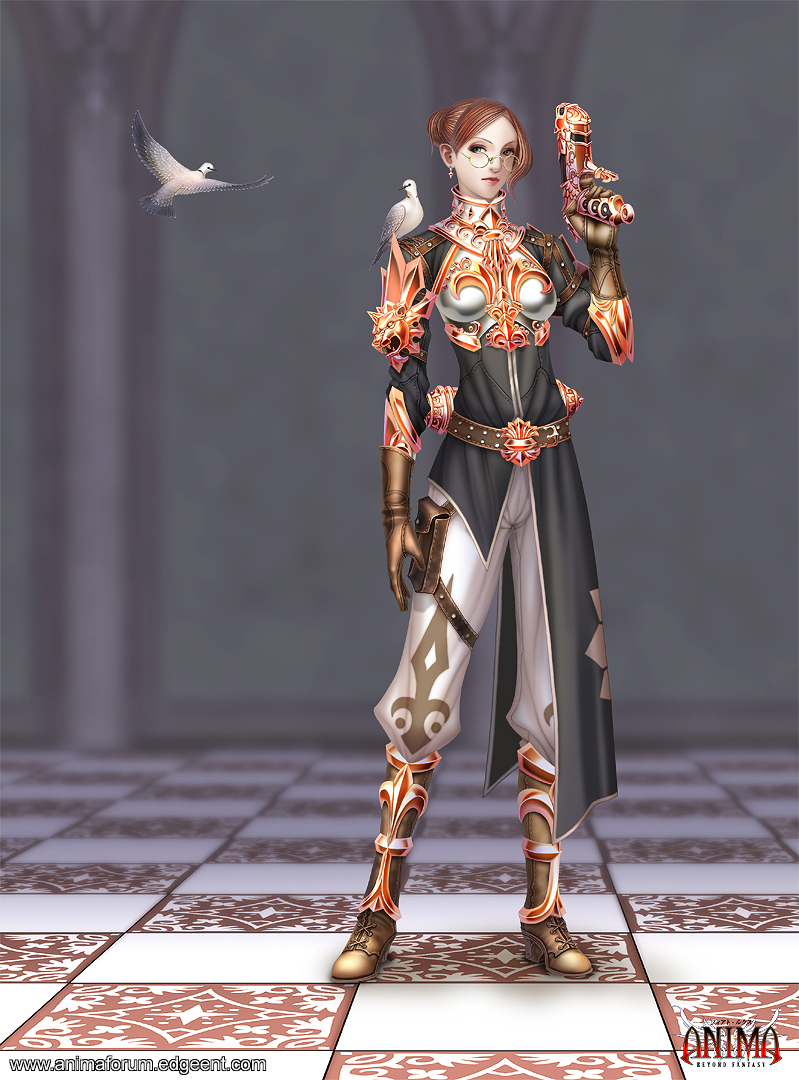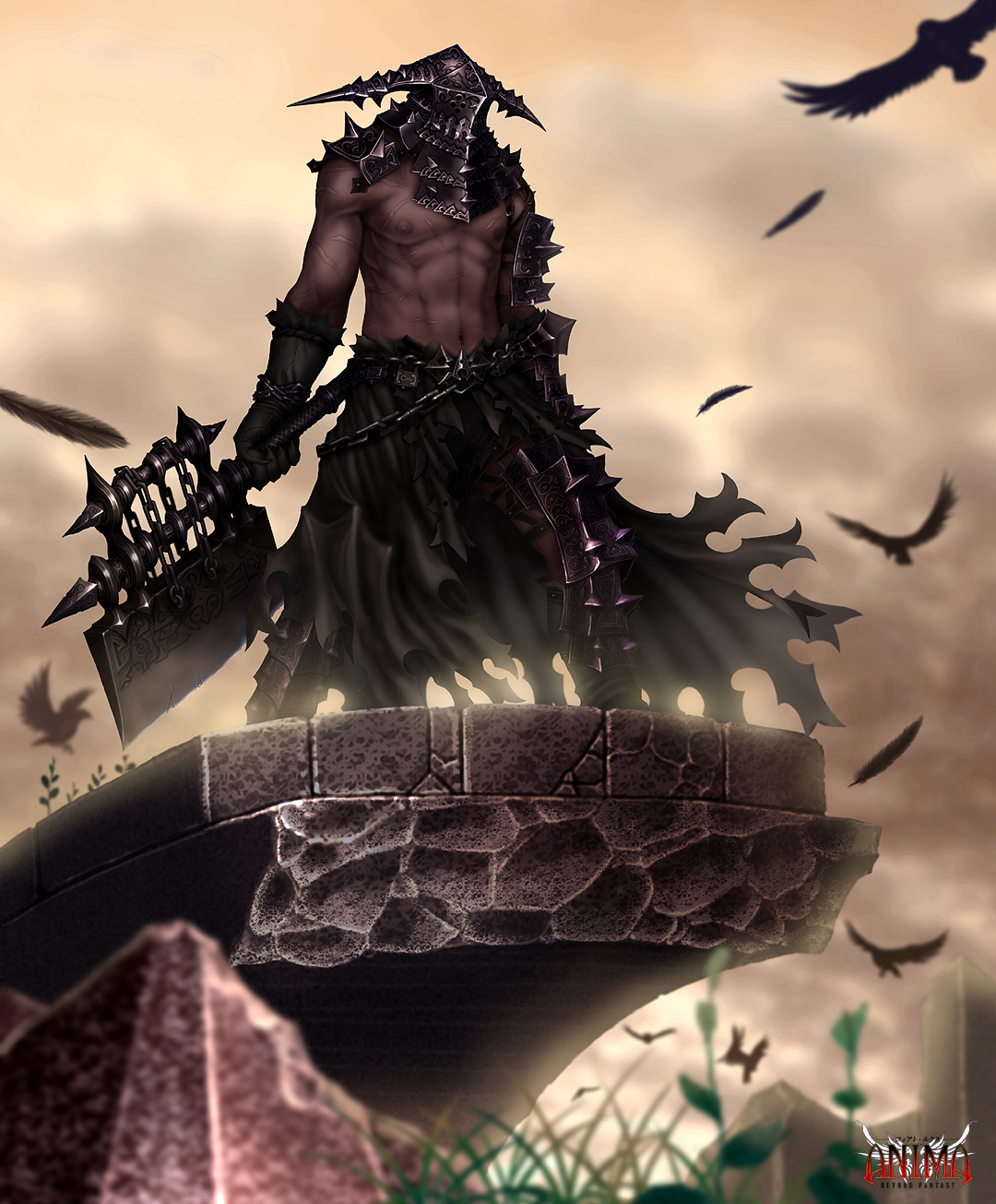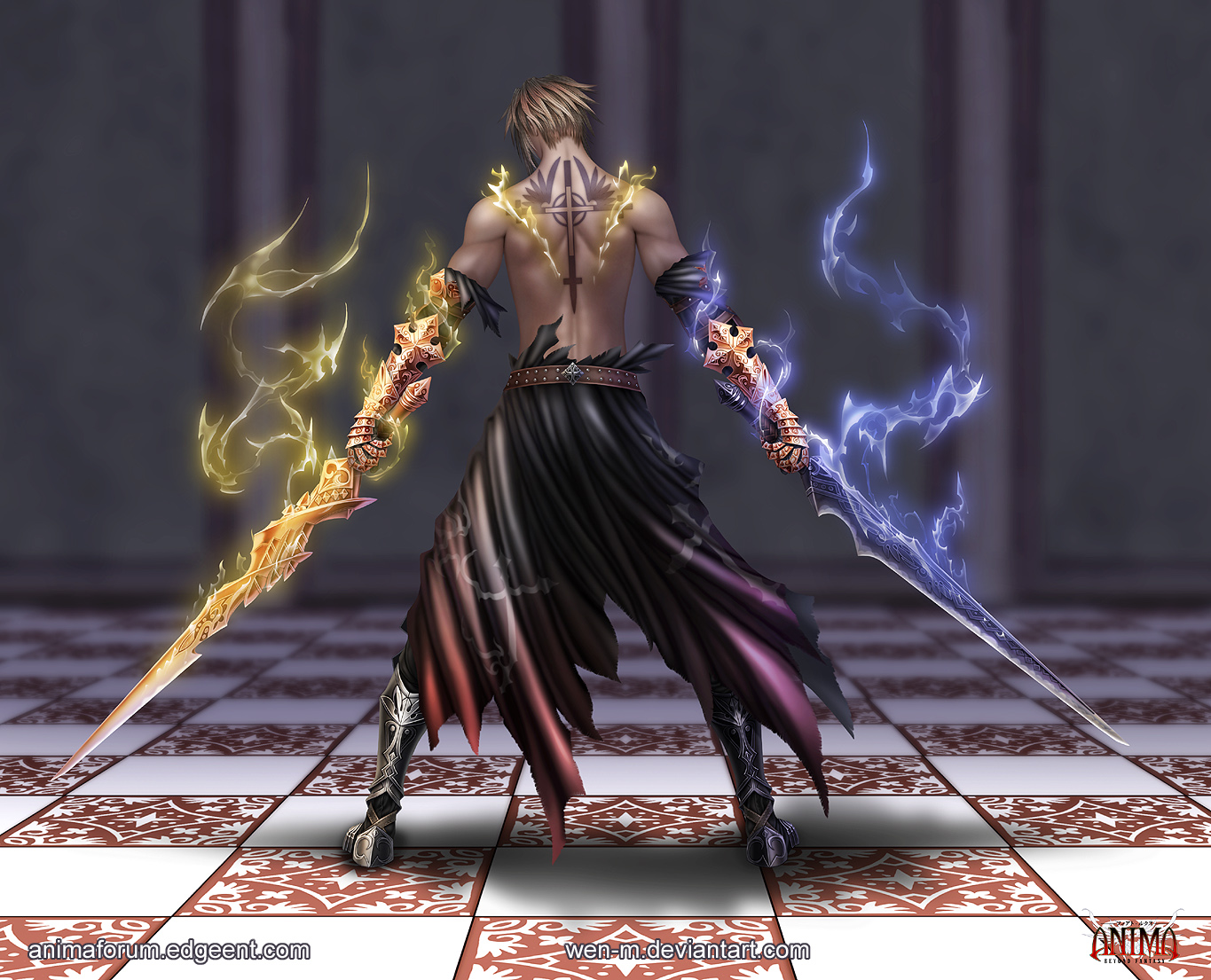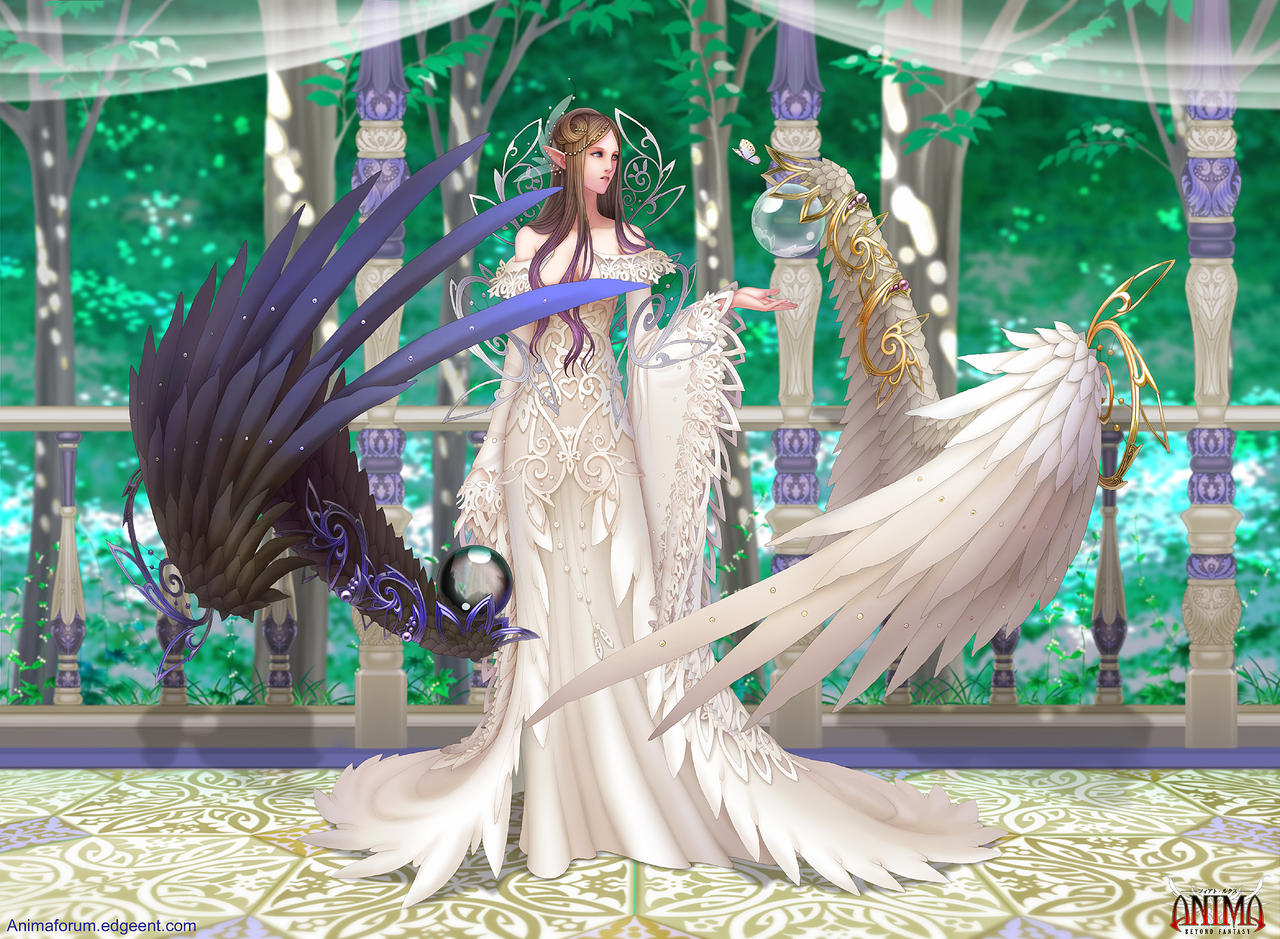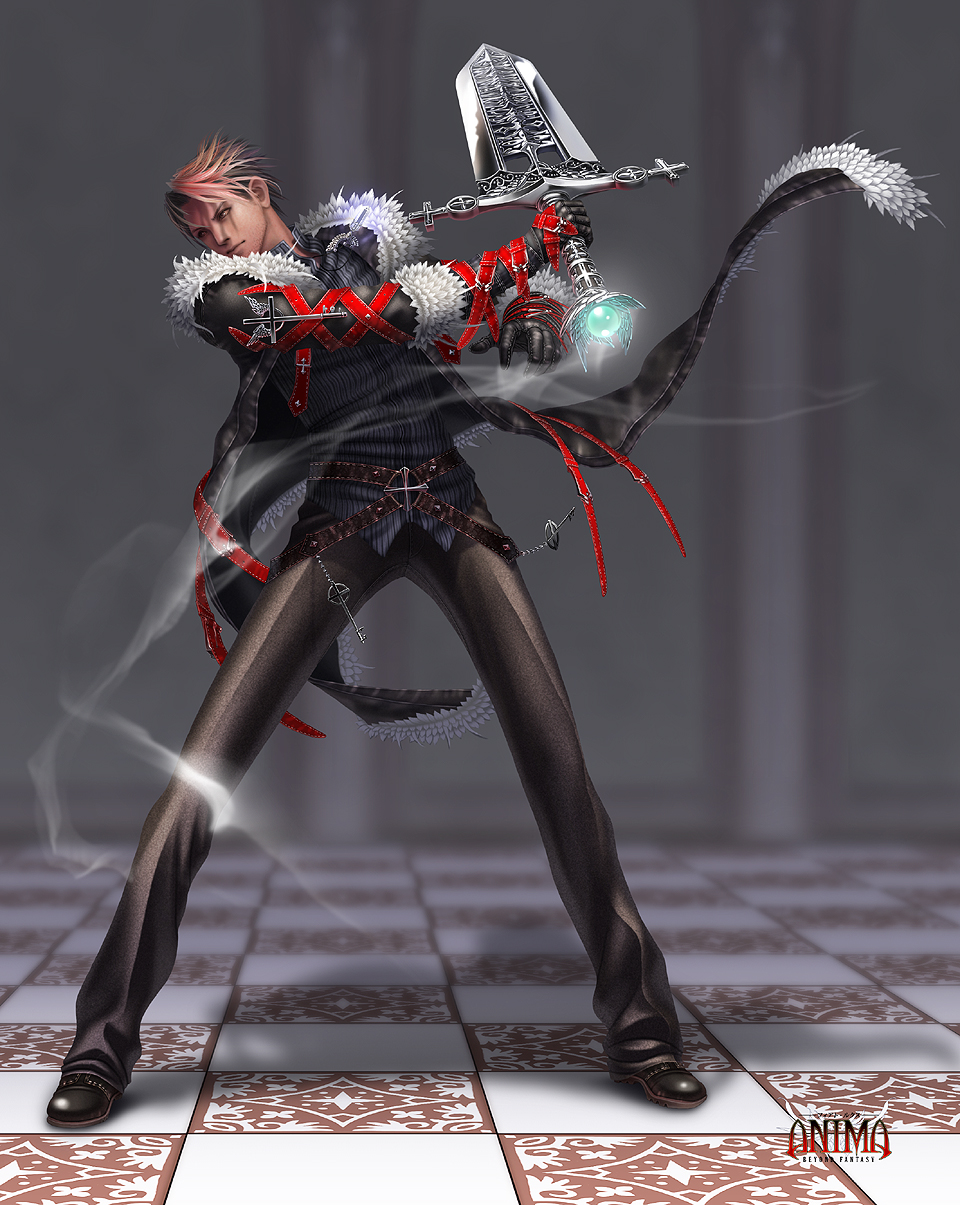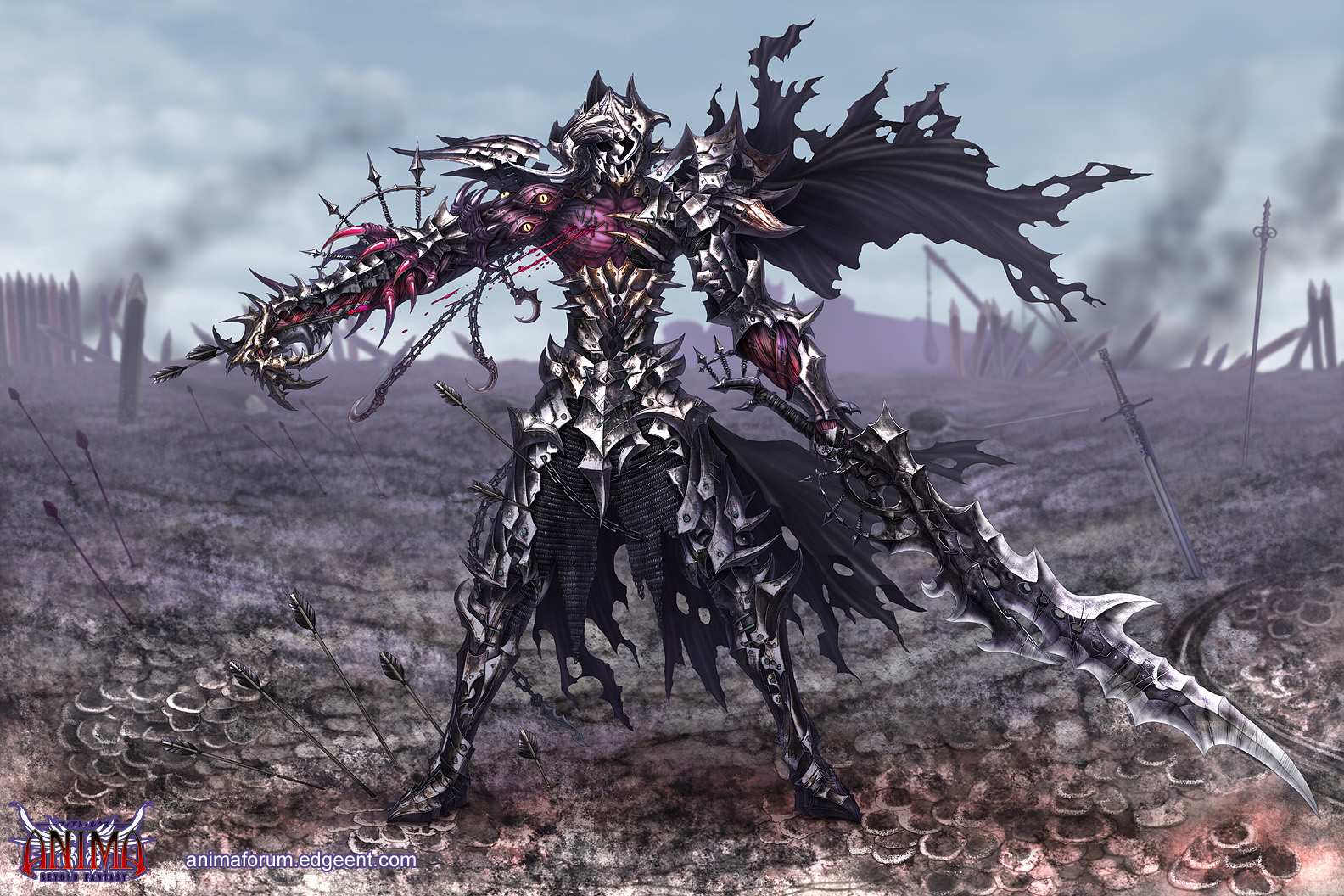 |
| bad. by Nicholas James Santiago through CC Licensing |
 |
THE BEST STORE IN TOWN by Robert Huffstetter through CC Licensing |
How do you define the best and the worst? After all, the best thing in the world is the worst thing in the world to someone else (i.e. how there are people on this planet who can actually somehow stomach the taste of pickles). A traitor to one country is a hero to another. So, I'd like to take a look at some things that have different perspectives, any incongruities involved and which side I think may have a better argument.
FREE MEDIA
 |
This Is A Political Cartoon from Penny Arcade © Copyright 1998-2011 Penny Arcade, Inc. |
On the flip side, what are the good points to free media? First of all, many believe certain artists would never would have been successful without it. Bands such as Linkin Park and The Mr. T Experience often have their success accredited to the fact that their early songs spread online creating a demand for their music. I don't believe that either band has made an official statement (which would be quite controversial) but I haven't seen any argument against downloading from either. Many bands have stepped up what the included content on their CDs is to make the albums seem more appealing than just downloading the songs. Behind the scenes DVDs, art booklets, and so on are a side-effect of the downloading phenomenon. I, for one, enjoy getting all the extra stuff when I purchase CDs now. Think back to the 80s and 90s. None of the VHS, cassette tapes, or early CDs I bought ever came with anything special. Hell, you were lucky if the cassettes even came with the words to the songs. Now, everything is all "special edition" and I actually feel like I do get a bit of my money's worth. The lead singer of Disturbed, David Draiman, made a comment in an interview with Metal Edge Magazine. He said,
"...when KISS was putting out records, their 'Alive' record sold so well because it made you feel like you were part of the concert experience. There was also an actual program in the thing, all these pictures, the KISS Army stuff… There's so much stuff that added to the value of that package. There wasn't a KISS fan out there who didn't want the whole thing, because everything that came along with the music was so worthwhile to them. It's not rocket-science, this stuff."
Furthermore, it helped create a sense of international awareness of artistic expressions. Growing up in the US, we were effectively shut out from foreign music. If it wasn't in English, we didn't hear it. Part of this is due to American's negative attitude towards other languages, but it was always an uphill battle. Artists wanting to break into the US market almost always had to rewrite their songs in English which caused problems with timing the words and being forced to use the English language rules of rhyming lyrics that many other languages don't have. A few musicians slipped through the cracks but it was rarely more than once a decade. What ended up happening when Napster opened the doors is that an interest in foreign music skyrocketed. All of a sudden I was listening to bands I never would have had a chance to hear. Also, access to this music was crucial to me for studying Japanese. I even imported a handful of albums from musicians I learned to love. Some foreign groups also ended up getting domestic labels when their demand got high enough. Without downloading, none of them would ever have gotten their feet in the door.
Free Anonymous Speech
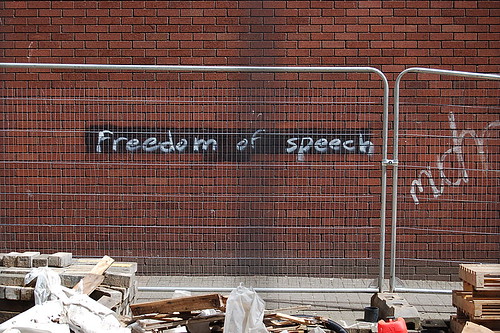 |
| Free Speech for the Dumb by Walt Jabsco through CC Licensing |
Back in the 90s we had guys like Howard Stern and Eminem. They were known for their shock value. Granted, there were several types of "tell it like it is" personalities over the years, but these are the big two I remember growing up. Once upon a time, it meant something to be able to speak your mind without fearing repercussions. In his song, The Real Slim Shady, Eminem acknowledges that part of his fame was built around the fact that he's "like a head trip to listen to, cause I'm only givin' you things you joke about with your friends inside your living room. The only difference is I got the balls to say it
in front of y'all and I don't gotta be false or sugarcoated at all." Those were much different times. Granted, at that time LiveJournal was available, but not widely known. Forums were steadily growing and various messengers were popping up faster than we could sign up for them. What happened was that everyone could be their own little Slim Shady. We could say whatever we wanted and it would be attributed to a screen name. All of a sudden, repressed human nature exploded and it looked something like this:
 |
Green Blackboards (And Other Anomalies) from Penny Arcade © Copyright 1998-2011 Penny Arcade, Inc. |
On the flip-side, open communication has been hugely helpful. Many people are able to make new friends much easier than they used to be. More importantly, it has let those of us who were always treated as unnecessary by those around us have some sort of connection to others. In recent years, Japan has had this issue with people called hikikomori. In English, we have words like agoraphobia (though I guess that's more Greek than English...) and to some extent shut-in. Although it has been deemed a recent phenomenon, I think it has been around across most cultures and across all time. It's only become a public issue because these people suddenly have voices heard. When I read about what a hikikomori is, it hit me because it was exactly the way I was back in the 80s and 90s. One of the hardest things about being like that is this extreme sensation that you're the only one. With the dawn of open communication on the internet, it was like we all suddenly found out about each other. It's quite therapeutic. We didn't have to worry about being rejected anymore because it's a lot less terrifying when your name and face aren't involved. Over time, I wasn't pushing my bed or dresser against my door to keep the world out, I was sitting at my computer finally getting a chance to communicate with others. It was awkward at first and took a lot of practice, but by the time I got to high school I was actually involved in sports for crying out loud. Another thing that helped is that the line between being a geek and being a normal person got thinner and thinner and has even started fading out. As I slowly started feeling like a human, people also slowly started treating me like one.
The Ending
For anyone who took the time to read all of this, I hope you got something out of it. My lifelong campaign against tunnel vision by use of perspective doesn't end here. It just does for the sake of this class. There was a lot more I wanted to write, but I decided to cut it where it stands. Perhaps some day I'll do some upkeep posts on flip-side perspectives here to keep the ball rolling. I'll try to put more humor in the following posts...it's finals week...cut me some slack.



